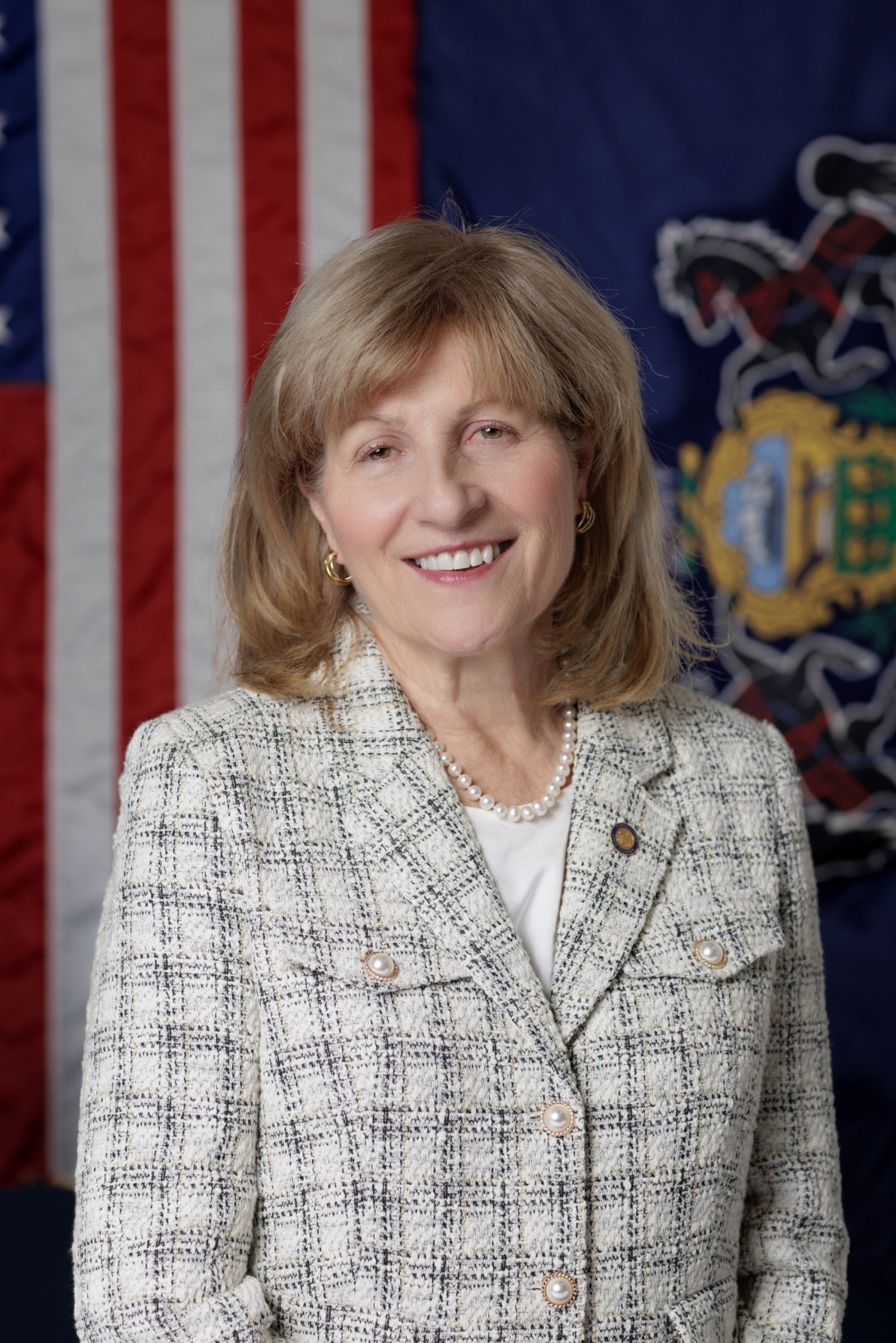The recent passage of a significant piece of legislation, often referred to as the “Big Beautiful Bill,” is poised to drastically change essential services that millions of Americans depend on. The implications of this bill will be felt across the country, particularly affecting programs like the Supplemental Nutrition Assistance Program (SNAP) and Medicaid.
In Pennsylvania alone, approximately 2 million residents rely on SNAP benefits, while 3 million are covered by Medicaid. In Sen. Judy Schwank‘s 11th District, which serves around 260,000 people, more than 77,000 individuals are enrolled in Medicaid. Alarmingly, projections from the Pennsylvania Department of Human Services indicate that over 8,000 people in her district may lose their Medicaid coverage as a direct consequence of this legislation.
The changes introduced by the bill include new work requirements for Medicaid recipients, a provision that may seem reasonable at first glance. However, it is crucial to recognize that 64% of adults receiving benefits are already employed. Many of those who do not work are either pursuing education, caring for family members, or dealing with disabilities. The question arises: should individuals be forced to choose between maintaining their health insurance and achieving their educational or caregiving goals?
The situation becomes even more complex when considering the challenges within long-term care and home health services. Nursing homes, which already faced financial difficulties, could be adversely affected by cuts to Medicaid funding, given that it covers about 60% of nursing home residents. This could lead to potential closures, particularly in rural areas where access to care is already limited.
In the domain of home care, Pennsylvania does provide home and community-based services through Medicaid, but the state struggles to find enough qualified workers to meet the high demand. The gap between the need for care and the available resources is widening, leaving many vulnerable individuals without the support they require.
Senator Schwank emphasizes that these issues are not new; they are symptoms of a broader systemic challenge. While government programs have historically faced criticism, she believes there is a moral obligation to support those in need. The senator champions a strong social safety net that aims to assist individuals in overcoming their circumstances.
Organizations within Schwank’s district are actively working to address these challenges. For instance, Mitzvah Circle, a nonprofit serving parts of Berks County, takes a personalized approach to aid. They conduct interviews to identify specific community needs and deliver tailored support directly to families.
Another initiative, Tower Health Street Medicine, recently provided medical care and essential supplies to individuals in homeless encampments, ensuring that they have access to long-term services. Additionally, Helping Harvest, a food bank serving Berks and Schuylkill counties, has opened a community kitchen that prepares nutritious meals for seniors who may struggle to cook for themselves.
These local efforts highlight innovative solutions to pressing social issues. Schwank calls for a more compassionate approach from the federal government, urging policymakers to consider effective models employed by local organizations.
As the implications of the “Big Beautiful Bill” unfold, it is essential for communities to remain vigilant and proactive in advocating for those who may be disproportionately affected by these legislative changes. The well-being of millions hangs in the balance as the nation navigates this pivotal moment in social policy.
